Theatre and performance making
What does it mean to stage a performance? When you see a play, a dance or a performance, the end product is the outcome of a long artistic process involving many people, both on and off the stage.
On the Theatre and Performance Making programme you will specialise in one of four options: sound, lighting, stage directing, or scenography. It is a programme for you if you want to create performing arts and express yourself creatively without being on stage yourself.
Within your specialisation, you will learn artistic methods and techniques to enable you to participate in the task of creating staged works and concepts of high artistic quality.
Staging a performance is a collective process, and the programme has a strong focus on co-creation and interdisciplinary collaboration. You will work on small projects and bigger productions where, working from your area of expertise, you will be involved in all parts of the process – from the earliest development of a piece to its final realisation and presentation to an audience.
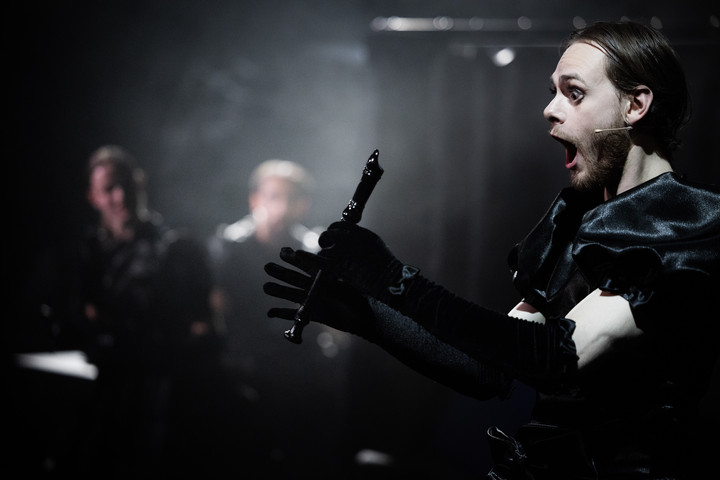
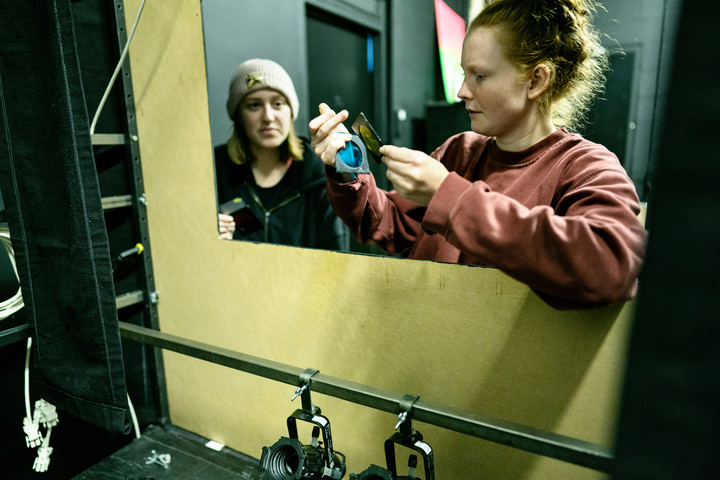
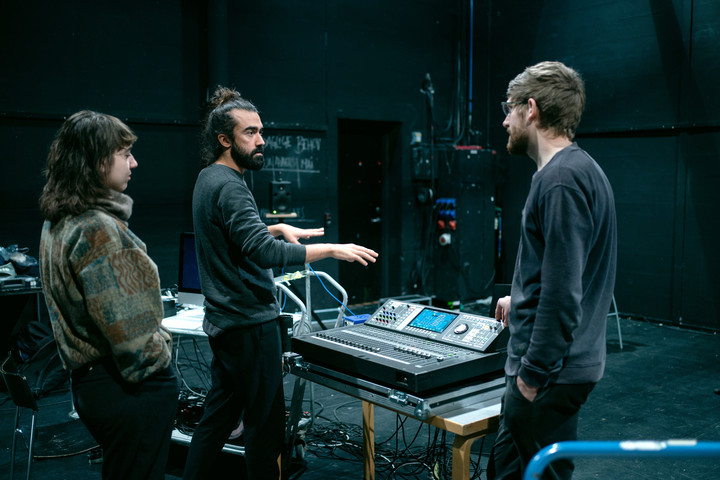
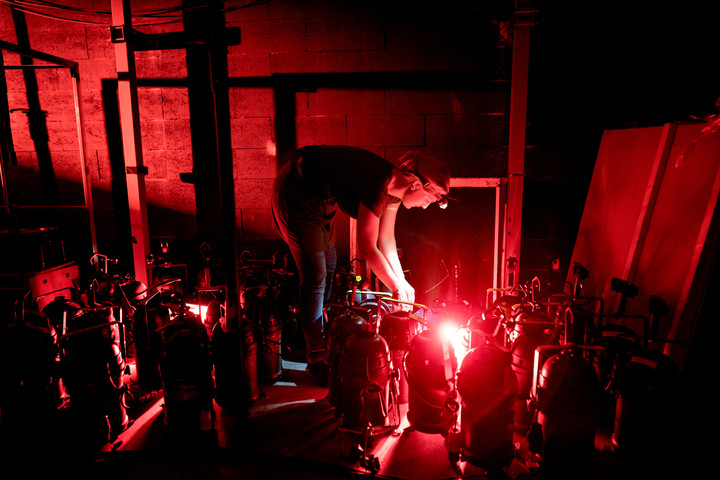
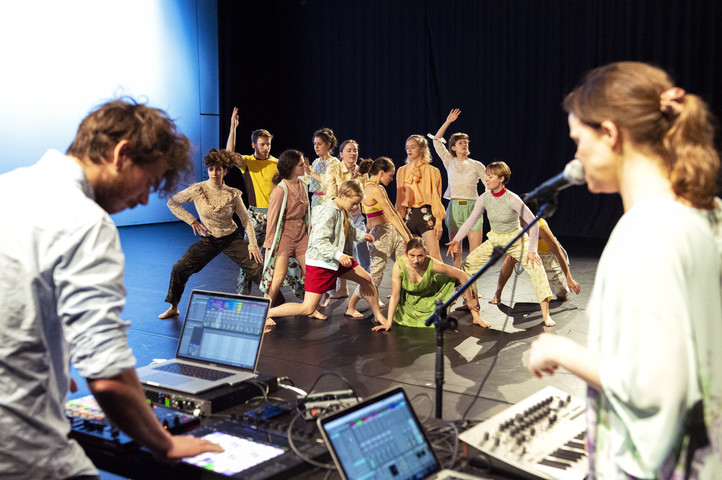
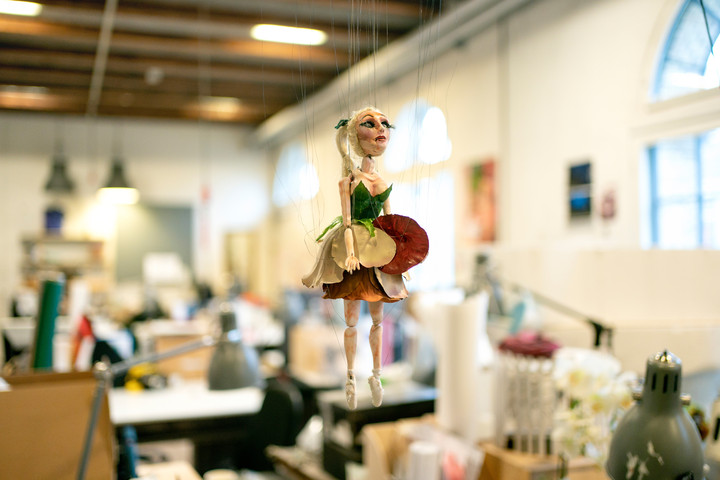
programme structure
The three-year bachelor's degree in Theatre and Performance Making consists of
- specialised subjects and, in some cases, specialisation-specific internship
- interdisciplinary courses
- independent projects
- interdisciplinary projects
The specialisation subjects run throughout all three years and are specific to lighting, sound, stage directing and scenography. You will develop your knowledge of your specialised area and build foundational skills within it in these subjects, including learning methods and tools that can be applied in collaboration with other areas in the performing arts.
Alongside these specialisation subjects run courses focused on more general skills and themes. This might be artistic entrepreneurship, stage history, forms of production and collaboration, perspectives on the performing arts, dramaturgy and the social context of the performing arts. This teaching is organised as a joint course across the specialisations.
There are two independent projects in the programme, one of which is the bachelor's project in the last year. The independent projects are an opportunity to delve into an area you are particularly curious about and carry out artistic or methodological investigations and experiments. You can work individually or in a group. During each of the three years there is a larger project, focused on creating a piece which will be performed to an audience. You will work with your specialisation area in a practical way for a longer period, along with students from other specialisations and programmes. The projects are often based on the production and collaboration methods of institutional theatre.
STUDY FORM AND STUDY ENVIRONMENT
The Theatre and Performance Making programme is characterised by close interaction between practice, theory and reflection. Your day-to-day work will be very varied, spread across group teaching, exercises, group work, individual work and projects. Your schedule will vary from week to week, and will include times when you will need to be at school in the evenings and on weekends. Attendance of all academic activities is obligatory.
Each year, two students are accepted to each specialisation of the Theatre and Performance Making programme. This allows for close professional relationships with the teachers and supervisors. There is a head of each specialisation, and during the programme you will also meet a number of external teachers and consultants who are specialists in their fields and who are often active in the performing arts industries within their fields.
ADMISSION TO THEATRE AND PERFORMANCE MAKING
When you apply for the programme, you apply for a specific specialisation. Two students are admitted to each specialisation. You can apply for several specialisations at the same time.
The application and admission process is extended and varies depending on the specialisation you are applying for. You must carry out one or several tasks to form your application. The admissions committee then selects a number of applicants to take some practical tests.
The conditions and audition criteria apply to Danish as well as international Full Degree students.
Find guidance on how to apply to the programmes and the application deadlines here.